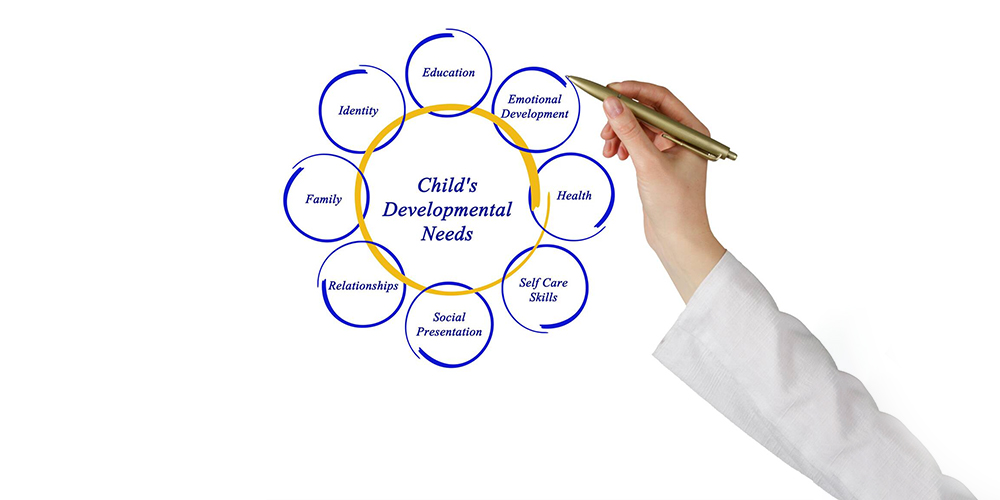
Source: Jones, S. & Kahn, J. (2017) The Evidence Base for How We Learn: Supporting Students’ Social, Emotional, and Academic Development.
Key Takeaway: This brief, penned by top scientists at the Aspen Institute, showcases how melding cognition, emotions, and social skills boosts academic outcomes. Discover how schools can morph into powerhouses of academic excellence when they leverage community involvement as well as proven programs for social and emotional learning. The brief features a series of useful “consensus statements” alongside research references for those who want a deeper dive.
Criteria: This brief represents the unanimous consensus of a group of leading scientists and scholars regarding the strong research base that supports students’ social, emotional, and academic development. The academic and scholarly expertise of the “Council of Distinguished Scientists” is exceptional.
Resource: https://www.aspeninstitute.org/wp-content/uploads/2017/09/SEAD-Research-Brief-9.12_updated-web.pdf
Title and Authors: Jones, S. M., & Kahn, J. (2017). The Evidence Base for How We Learn: Supporting Students’ Social, Emotional, and Academic Development. Consensus Statements of Evidence from the Council of Distinguished Scientists. Aspen Institute.
Summation and insights:
This work falls under the purview of the National Commission on Social, Emotional, and Academic Development which was established by the Aspen Institute. It integrates much of the research on human development and learning with a particular focus on the intertwined nature of cognition, emotional competencies, and social and interpersonal skills learning and development. It provides important context to the contemporary emphasis on social emotional learning in schools.
This brief provides consensus statements of evidence with the intent of providing guidance and confidence to policymakers and educators. In the words of the authors-
“The Consensus Statements of Evidence affirm and explain that social, emotional, and cognitive domains are interconnected in the learning process. This powerful consensus presents a compelling case for policymakers and educators to confidently move forward in addressing social and emotional dimensions of learning as part and parcel of achieving excellent academic outcomes in K-12 education.”
Each consensus statement is supported by a corresponding review of the academic literature. The reference list provides the opportunity for deeper exploration and understanding of the importance of integrating social, emotional, and academic learning.
Examples of the consensus statements follow:
Contexts and experiences can be shaped in ways that positively affect children’s social and emotional learning and their academic and life outcomes, and there are programs and practices that have been proven to be effective at improving social and emotional development.
Schools can have a significant influence on social, emotional, and academic development. The wider community (families, community institutions, etc.) must be engaged to enhance the strength, depth, and pace of acquisition of these competencies.
Social, emotional, and academic development is an essential part of pre-K-12 education that can transform schools into places that foster academic excellence, collaboration and communication, creativity and innovation, empathy and respect, civic engagement, and other skills and dispositions needed for success in the 21st Century.


Join education leaders in Nashville for an experience focused on practical strategies to attract families, retain teachers, and strengthen board alignment. Spots are limited.